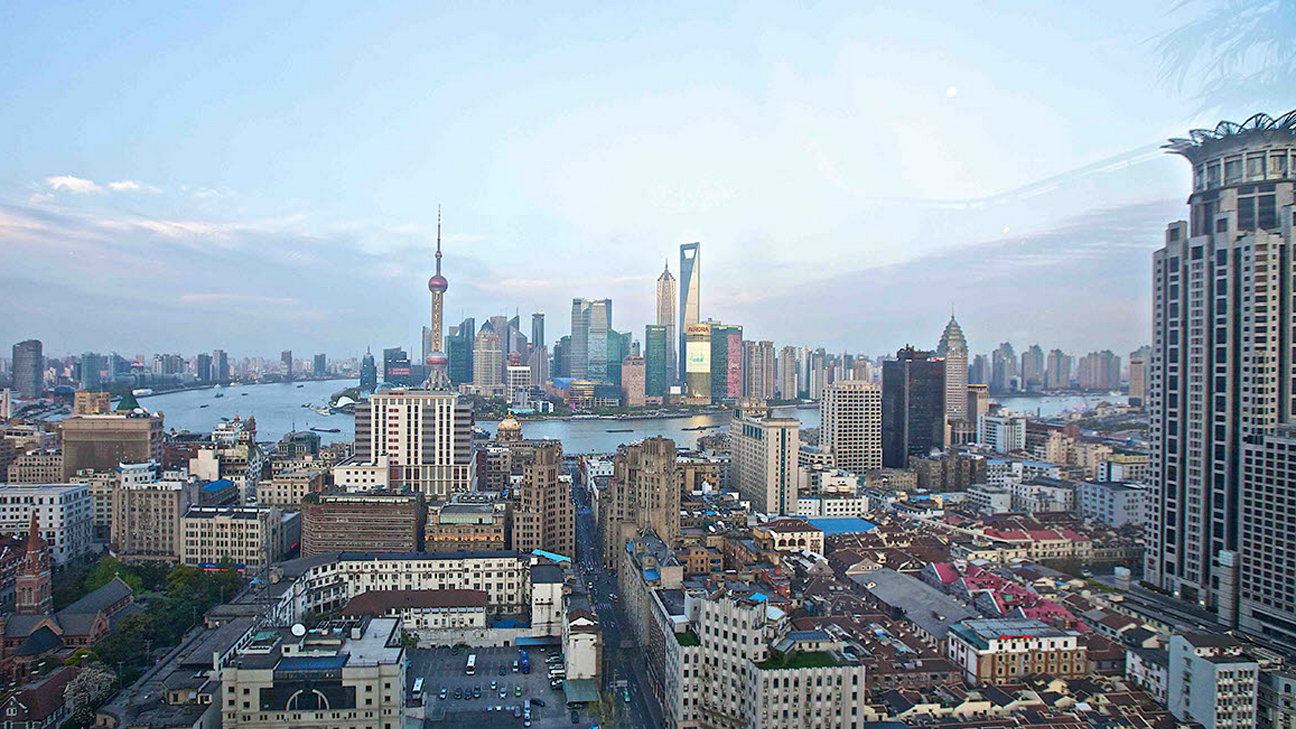Will history repeat itself in Hong Kong?
Colliers International believes it is reasonable to expect the historical cycle of the property market during the outbreak of SARS in 2003 to repeat itself. In similar fashion to now, Hong Kong’s property market was already declining prior to the outbreak of SARS, having been hit by the bursting of the internet bubble in 1999-2000, high and positive real interest rates, and a supply boom since 2001. SARS was the “black swan” event of 2003.
As Hong Kong was named among the “Affected Areas” by the World Health Organisation, retail sales value and high-street shop rents in H1 2003 dropped 6.7% and 18% year-on-year respectively. In 2003, Grade A office rents recorded a decline of 17.2%, with CBD dropping 22.5% year-on-year. With investment sentiment and activity frozen during the SARS period, investment volume contracted significantly while office prices dropped about 15% in 2003.
Nevertheless, in 2003 real GDP growth in Hong Kong increased 3.1% despite the SARS epidemic. This time, Colliers expects office price and rental growth to stay negative for the whole of 2020, with office rents and prices falling steeply over H1 2020 (especially in Q1). However, Colliers believes both rents and prices will rally in H2, assuming coronavirus peaks in H1. For the whole year, Colliers forecasts rental growth remaining negative, declining 8.3%.
Hong Kong was able to recover quickly from 2003, since its status as an international financial centre was assured. As a result of the Individual Visit Scheme (IVS) and Mainland-Hong Kong Closer Economic Partnership Agreement (CEPA), Hong Kong’s real GDP growth bounced 8.7% in 2004. As such, the property market demonstrated strong resilience after SARS. For instance, Grade A office rent rebounded 45% year-on-year in 2004.
Colliers expects the office and investment markets to recover modestly after 2020, as the prolonged lack of supply should support a rebound in prices and rents. The impact of the new virus outbreak on the retails and hotel sectors should be similar to the impact during SARS, with no obvious quick relief in the form of a new version of the IVS. However, the problems of the hotels sector seem to be fully reflected in a decline in prices of roughly 30% from their peak. Investors should target hotels rather than retail for recovery.
It is critical for Hong Kong to find new tools to repeat the history of a speedy recovery. As the Chinese economy accounts for a much larger proportion of the global economy than in 2003, Colliers thinks Hong Kong needs to integrate further with China, including strengthening collaboration with other cities in the Greater Bay Area. After 2020, Colliers believes Hong Kong’s property market should return to a trajectory of steady growth.
“It is critical for Hong Kong to find new tools to repeat the history of a speedy recovery. It will need to integrate further with other cities in the Greater Bay Area.”
Generous government support package may not be enough to insulate Singapore
Singapore’s GDP growth declined due to the SARS outbreak in 2003, with a 0.3% year-on-year contraction in Q2 at the height of the crisis. Q3 and Q4 of the same year, however, saw respective year-on-year growth of 5.3% and 8.9%, bringing full year GDP growth to 4.%% in 2004, Singapore’s GDP grew 9.9%.
Singapore’s property market was already declining prior to the outbreak of SARS, having been hit by the dot-com bust in 2001, the Iraq War in 2003 and an office supply boom over 2002-2003. Rents and prices of the office, retails and industrial sectors continued to bottom out in 2003.
As the Chinese economy accounts for a much larger proportion of the global economy than in 2003, the impact on Singapore’s economy is likely to be more severe this time. Comparing COVID-19 with SARS in 2003, Colliers assumes that the COVID-19 crisis will peak in H1 2020. However, with the recent spread of the virus beyond East Asia, there is an increased possibility of a negative scenario in which disruption persists in H2 2020.
“The impact on Singapore’s economy is likely to be more severe this time. There is an increased possibility of a negative scenario in which disruption persists into the second half of 2020.”
The Singaporean government announced a SG$4 billion stimulus package in 2020, compared to the SG$230 million off-budget SARS relief package in April 2003. Off-budget measures could be implemented should the current rebates be deemed insufficient given the uncertain impact of the virus outbreak.
- The first part of this piece is excerpted from the Colliers International report Impact of COVID-19 on Hong Kong property markets.
- The second part of this piece is excerpted from the Colliers International report Impact of COVID-19 on Singapore property markets.


